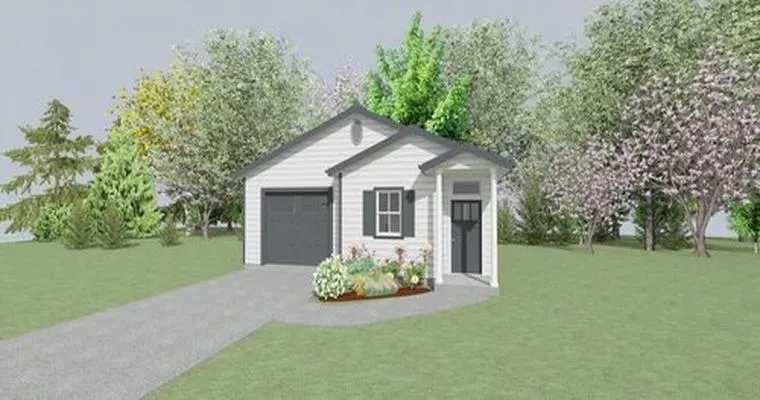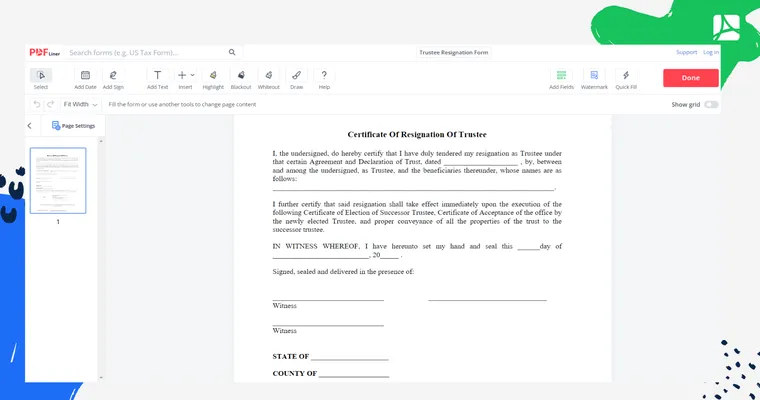Renting out a "mother-in-law's home", also known as an accessory dwelling unit (ADU), can be an excellent way to generate additional income. However, before you take the plunge, it's essential to understand the "legal aspects" involved in this process. The legality of renting out a mother-in-law suite varies based on several factors, including local zoning laws, property ownership, and specific regulations set by your municipality.
One of the primary considerations is whether the "mother-in-law's home" is legally classified as an ADU. Many municipalities have specific definitions and requirements for ADUs, which can include size restrictions, occupancy limits, and even design standards. Some places may require building permits or inspections to ensure the unit meets safety and habitability standards. It is crucial to consult your local building department to determine if your property meets the criteria for an ADU.
Zoning laws also play a significant role in the legality of renting out a mother-in-law's home. These laws dictate how properties can be used and may vary widely from one area to another. In some neighborhoods, renting out an ADU might be entirely permissible, while in others, it could be restricted or even prohibited. Understanding the zoning regulations in your area is vital before you consider renting out the space.
Additionally, if you are not the sole owner of the property, such as in cases where family members have ownership interests, you must have their consent before renting out the mother-in-law's home. This situation can lead to potential disputes if not handled properly, so clear communication is key.
Another important aspect to consider is whether you will need to comply with any local rental regulations, such as obtaining a rental license or paying occupancy taxes. Many cities require landlords to register their rental units and adhere to specific guidelines to ensure tenant safety and rights. Failing to comply with these regulations can result in fines or legal action.
If you are considering renting out your mother-in-law's home, it is also advisable to draft a rental agreement that outlines the terms and conditions of the rental arrangement. This document should cover aspects such as rent amount, security deposits, maintenance responsibilities, and termination clauses. Having a written agreement can help prevent misunderstandings and protect both parties’ interests.
Finally, you should also consider the impact of renting out the mother-in-law's home on your homeowners' insurance. Many insurance policies have specific clauses regarding rental properties, and failing to notify your insurer about the rental could lead to complications in the event of a claim. It may be necessary to adjust your policy or obtain additional coverage to protect yourself adequately.
In conclusion, while renting out a mother-in-law's home can provide financial benefits, it is essential to navigate the legal landscape carefully. By understanding local zoning laws, ensuring compliance with rental regulations, obtaining necessary permissions, and communicating effectively with all parties involved, you can make informed decisions that will help you successfully manage your rental property. Always consider seeking legal advice to ensure you are fully compliant with all applicable laws and regulations.





